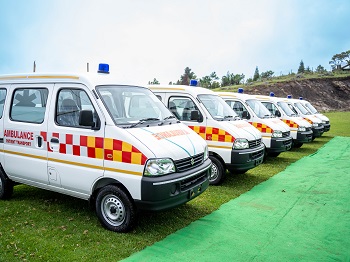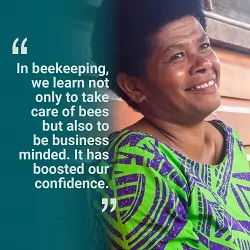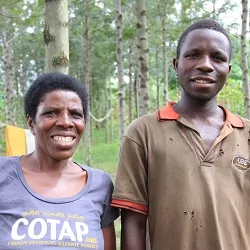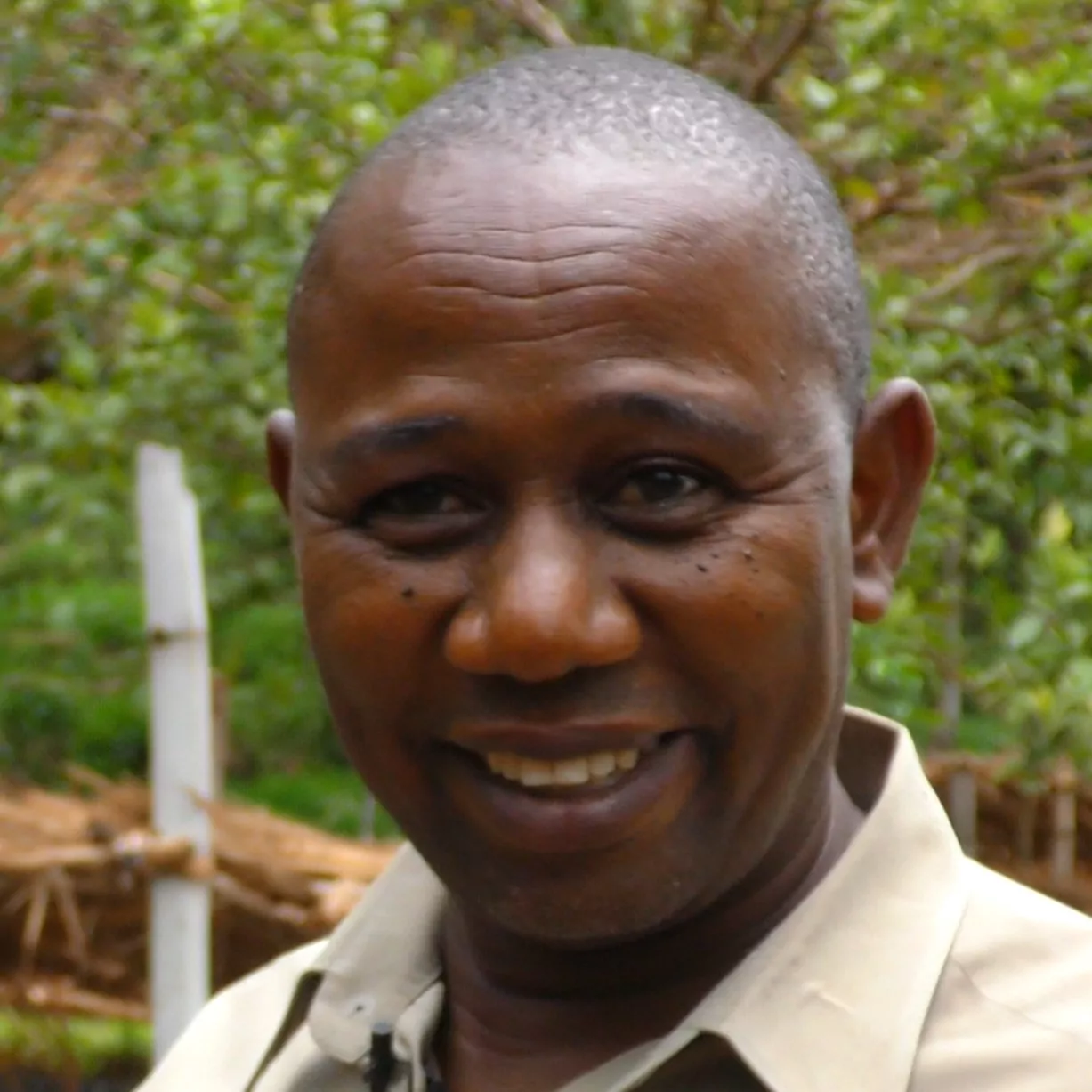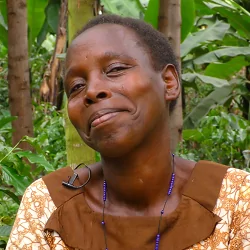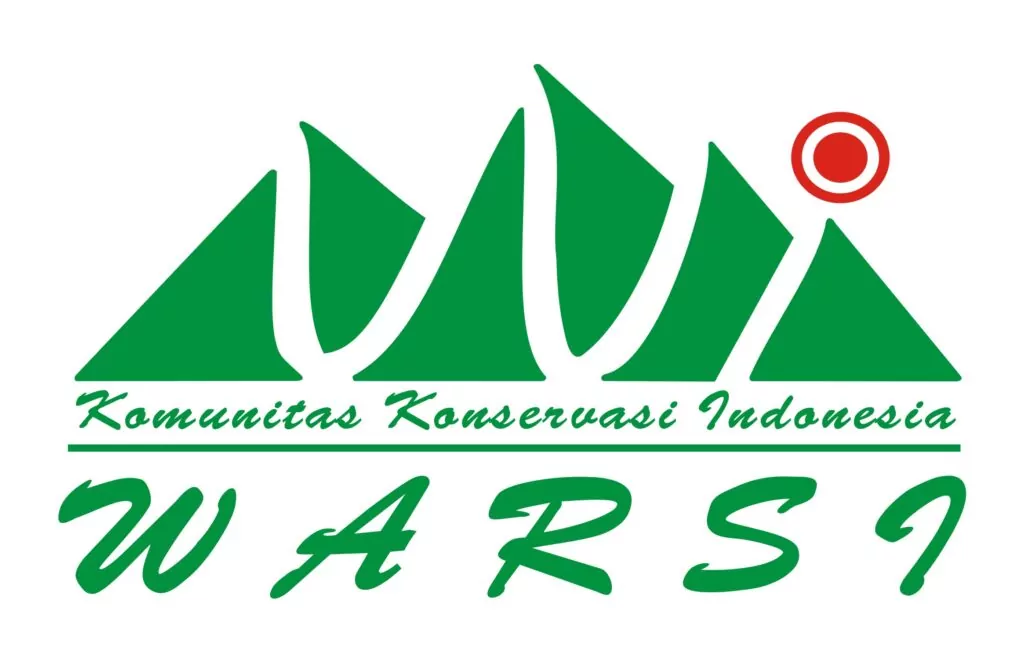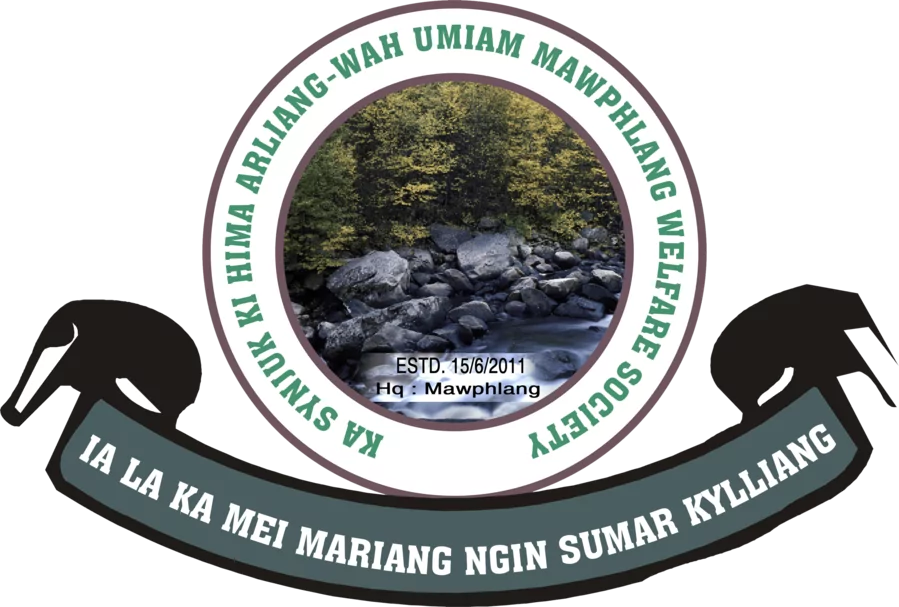Ani Matamosi
Along with around 30 other fabulous women from eight mataqali (clans) in the Drawa Rainforest Carbon Project, Ani is running a honey business in Batiri village, Fiji, set up with income from carbon credits.
Ani says "We women are really happy about this beekeeping business because for some of us, only our husband earns money and beekeeping has enabled us to earn money ... we learn not only to take care of bees but also to be business minded. It has boosted our confidence and self-esteem to engage more in income generating activities, so we want to keep our business alive."


